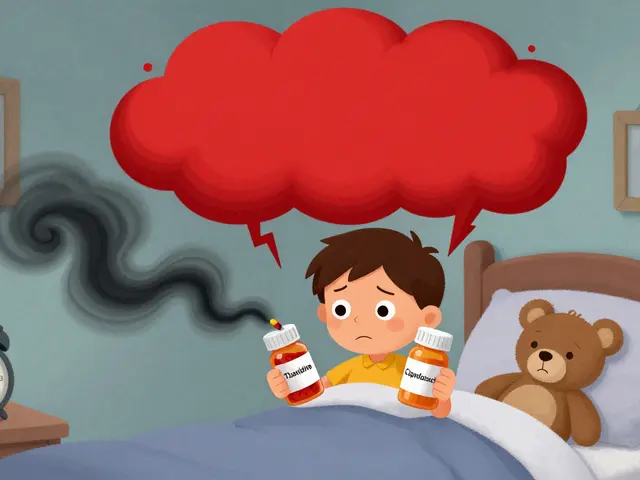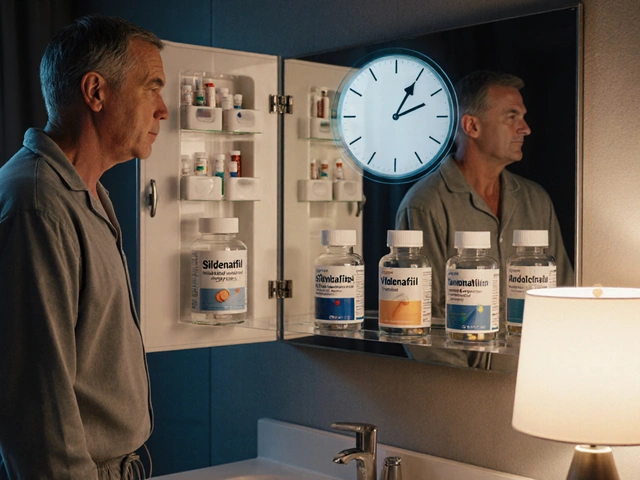Methotrexate Side Effects: What You Need to Know Before Taking It
When you’re prescribed methotrexate, a disease-modifying drug used for rheumatoid arthritis, psoriasis, and certain cancers. Also known as MTX, it works by slowing down overactive immune cells or cancer growth—but that same power can cause real, sometimes serious, side effects. This isn’t a drug you take lightly. People on methotrexate often feel fine at first, then suddenly notice fatigue, mouth sores, or stomach pain. That’s not just "getting old"—it could be your body reacting to the medication.
One of the biggest risks is liver damage, a slow, silent threat that builds up over time without obvious symptoms. Regular blood tests are non-negotiable. If your doctor skips them, ask why. Another common issue is bone marrow suppression, which lowers your white blood cells, red blood cells, and platelets. That means you get sick more easily, feel dizzy from low iron, or bruise without bumping into anything. Folic acid helps reduce these effects—but it’s not a magic fix. You still need to watch for fever, chills, or unusual bleeding.
Don’t ignore the small stuff either. Dry mouth, headaches, and hair thinning are reported by many users. Some feel like they’re constantly fighting a cold. And if you drink alcohol—even one glass a week—you’re increasing your chance of liver harm. Methotrexate also plays poorly with other drugs. NSAIDs like ibuprofen can raise toxicity. Antibiotics like trimethoprim? Risky. Even some OTC cold meds can interfere. Your pharmacist needs to know every pill you take.
Women of childbearing age must avoid pregnancy while on methotrexate—and for at least three months after stopping. It can cause severe birth defects. Men should also use contraception, since the drug affects sperm. If you’re thinking about starting a family, talk to your doctor before you begin. This isn’t just a precaution—it’s a safety rule backed by years of clinical data.
There’s no one-size-fits-all reaction. Some people take methotrexate for years with minimal issues. Others stop after a few months because the side effects are too much. The key is knowing what’s normal and what’s a red flag. If you’re tired all the time, have unexplained bruising, or get a sore throat that won’t go away, don’t wait. Call your doctor. Early detection saves lives.
Below, you’ll find real stories and detailed breakdowns from people who’ve been there. From managing nausea to understanding blood work results, these posts give you the practical, no-fluff advice you won’t get from a drug label. You’re not alone in this—and knowing what to watch for makes all the difference.




